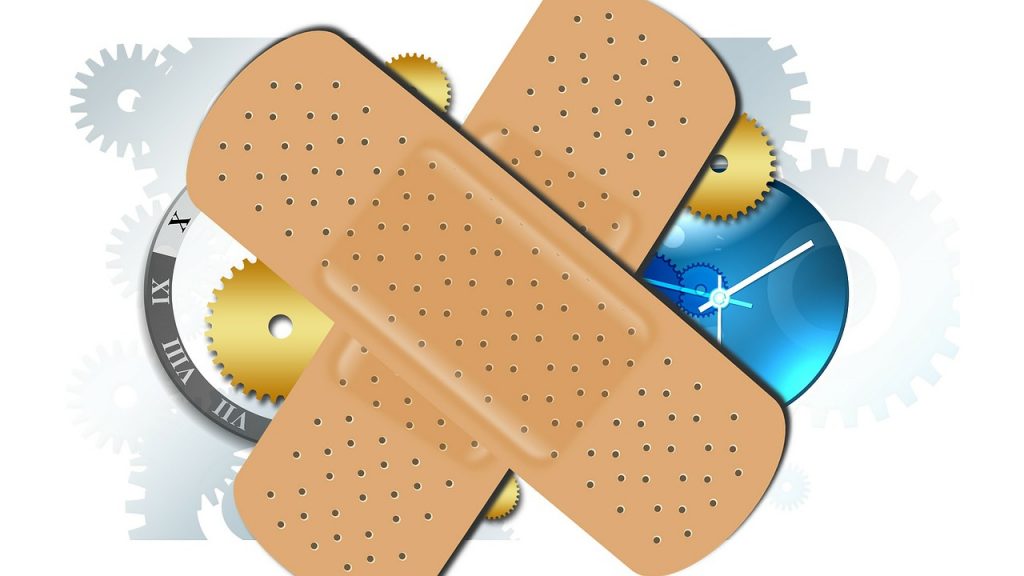 In general, an employer is only obligated to pay an employee if they are seeking medical attention during work time at your direction. According to Department of Labor regulations, “time spent by an employee in waiting for and receiving medical attention on the premises or at the direction of the employer during the employee’s normal working hours on days when he is working constitutes hours worked.” So does this mean you have to pay employees for workers’ comp appointments?
In general, an employer is only obligated to pay an employee if they are seeking medical attention during work time at your direction. According to Department of Labor regulations, “time spent by an employee in waiting for and receiving medical attention on the premises or at the direction of the employer during the employee’s normal working hours on days when he is working constitutes hours worked.” So does this mean you have to pay employees for workers’ comp appointments?
In workers’ compensation cases, this requirement would typically apply to medical attention received at the time of an injury. Employers should not try to get around this requirement by having employees wait until their shift is over to seek medical attention unless it’s very clear that the issue is non-urgent and will not be exacerbated by continuing to work.
Follow-up appointments, on the other hand, do not need to be paid. Such appointments would be treated the same as other doctor appointments and may be unpaid time off for a non-exempt (overtime-eligible) employee. If the employee has time off available (e.g., PTO, sick leave, vacation), I recommend allowing them to use that time to cover the absence. If your state has sick leave, the employee must be allowed to use any accrued time for this kind of appointment.
You’ll also want to report any time away related to the injury to the workers’ compensation carrier, as the employee may be eligible for wage-loss benefits. And, remind the employee that they must keep all appointments and follow the prescribed treatment plan, or their benefits can be terminated.
GTM’s payroll and HR management system helps you manage your workers’ comp premium costs, and gives you better visibility of your workers’ comp liability through data tracking and reporting. Learn more.

